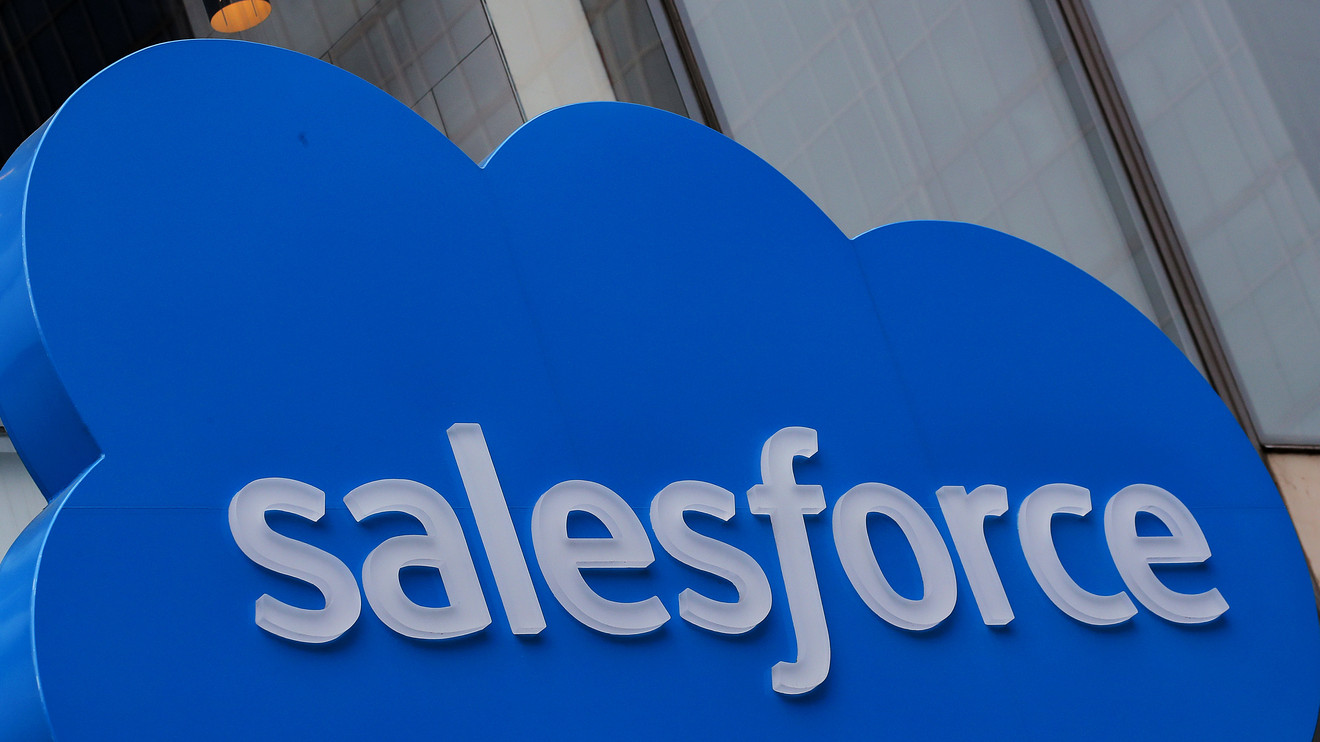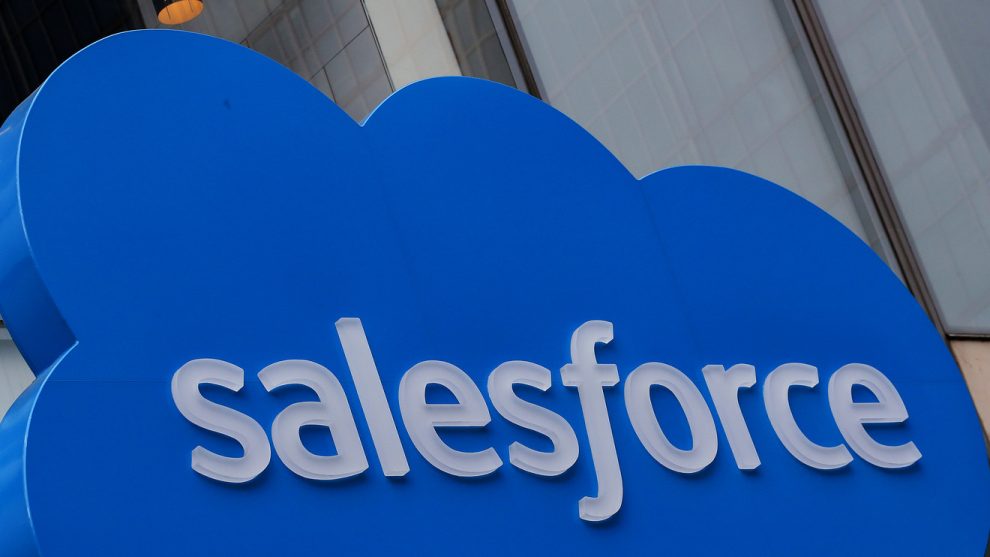
Two hefty acquisitions by Alphabet Inc. and Salesforce.com Inc. in the exploding arena of Big Data appear to be expensive moves to shore up their competitive stances against an older but wiser software behemoth, Microsoft Corp.
On Monday, Salesforce CRM, -5.26% said it would buy Tableau Software Inc. DATA, +33.70% , a business analytics software company, for $15.7 billion in stock, fueling a 34% jump in the shares of Tableau. That deal came just days after Alphabet Inc.’s GOOGL, +1.35% GOOG, +1.35% Google said it would spend $2.6 billion in cash to buy Looker, a startup business-analytics company.
The deals seek to put both Google’s cloud business and Salesforce in better positions with more business-analytics software for their cloud-based customers, where data is the biggest buzzword but where the two companies had not been meeting their potential.
“Both those two things [deals] really reinforce the strategic importance of data,” said Mike Tuchen, CEO of Talend, which helps companies integrate data across the cloud and on site. “Every company is waking up to the power of data to fundamentally transform their business.”
Tuchen pointed out that these two deals are likely the first in a wave to come for a second generation of data-analytics companies. In 2007, IBM Corp. IBM, +1.07% bought Cognos, Oracle Corp. ORCL, +1.41% bought Hyperion and SAP SE SAP, -0.16% bought Business Objects. “All those products are getting long in the tooth,” he said. “Customers are going through a strategic upgrade cycle. You are seeing the strategic importance of the cloud…I don’t think we are done.”
But the biggest reason for the first wave of second-generation deals is Microsoft’s MSFT, +0.91% increasingly strong position.
“Microsoft has stepped up the game,” said Maribel Lopez, principal analyst of Lopez Research. “The competitive pressure for both Salesforce and Tableau is the fact that the Microsoft story is hanging together much better than it was in the past.”
According to Gartner Research, Microsoft is listed as a leader in a recent report on analytics and business-intelligence platforms, with cautious comments noting that the company only offers its software on its Azure cloud service.
With Tableau, the hope is that Salesforce will be able to integrate business analytics across its different offerings, where data for different industries and products reside. Salesforce has a lot of data in different places that could be related, Lopez noted. With more analytics software, customers could pull data from the various Salesforce clouds they use, such as customer relationship management, marketing and sales, and, for example, figure out certain issues with a customer.
“I believe it is because of Microsoft,” said Sudheesh Nair, chief executive of privately held ThoughtSpot, which was cited as one of the fastest-growing analytics companies in the same Gartner report. “Power BI, Office 365, they have their own complete stack. They do a good job of upselling that on Azure,” he said.
Nair said that he believes there may be more similar M&A deals in the future, but he hopes to take ThoughtSpot public eventually. “I am a big fan of public companies. But having said that, no one can predict the future.”
Boris Evelson, an analyst at Forrester Research, described the business-intelligence market as “very mature,” with most of the features and capabilities getting increasingly commoditized. “With dis-commoded features and price pressures (in large enterprise deals Microsoft charges under $4 per user per month) it’s increasingly difficult for independent BI vendors to remain profitable,” he said in an email. “Only large vendors like Microsoft/Google/SF/etc. can compete on price. So it’s less about how much competitors charge, it’s more about what discounts can everyone give to large enterprise customers and still be profitable.”
Lopez agrees that there will be more consolidation in the area, because there are a lot of little analytics companies, “that are just islands.”
For investors, Salesforce is going to have to prove the value of this hefty acquisition, beyond the additional revenue growth it will bring. Pricing pressure from Microsoft and Google could also mean a tough battle ahead.












